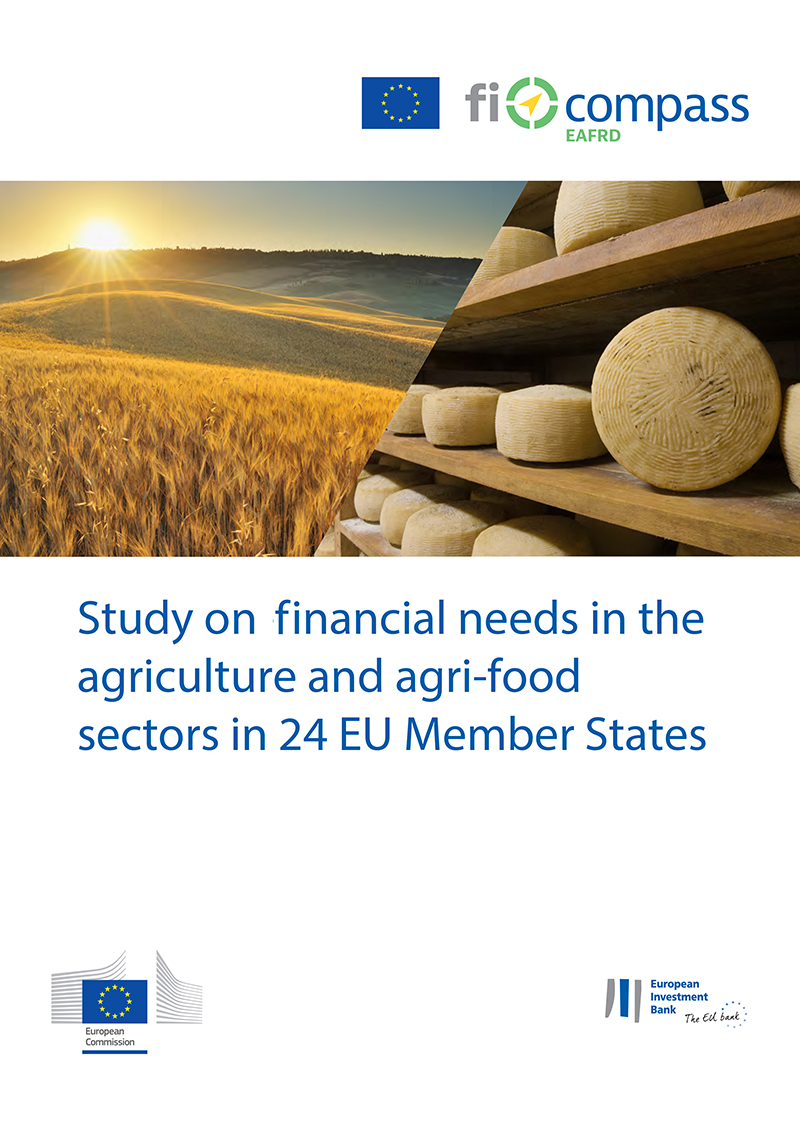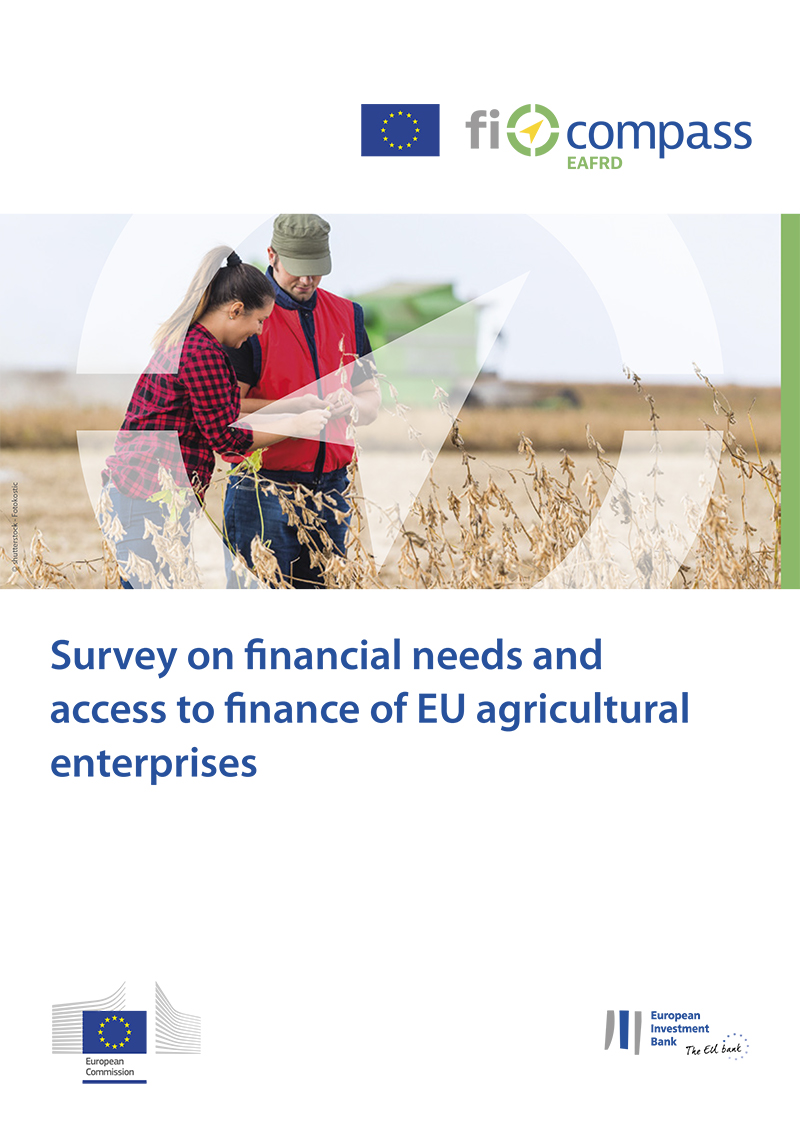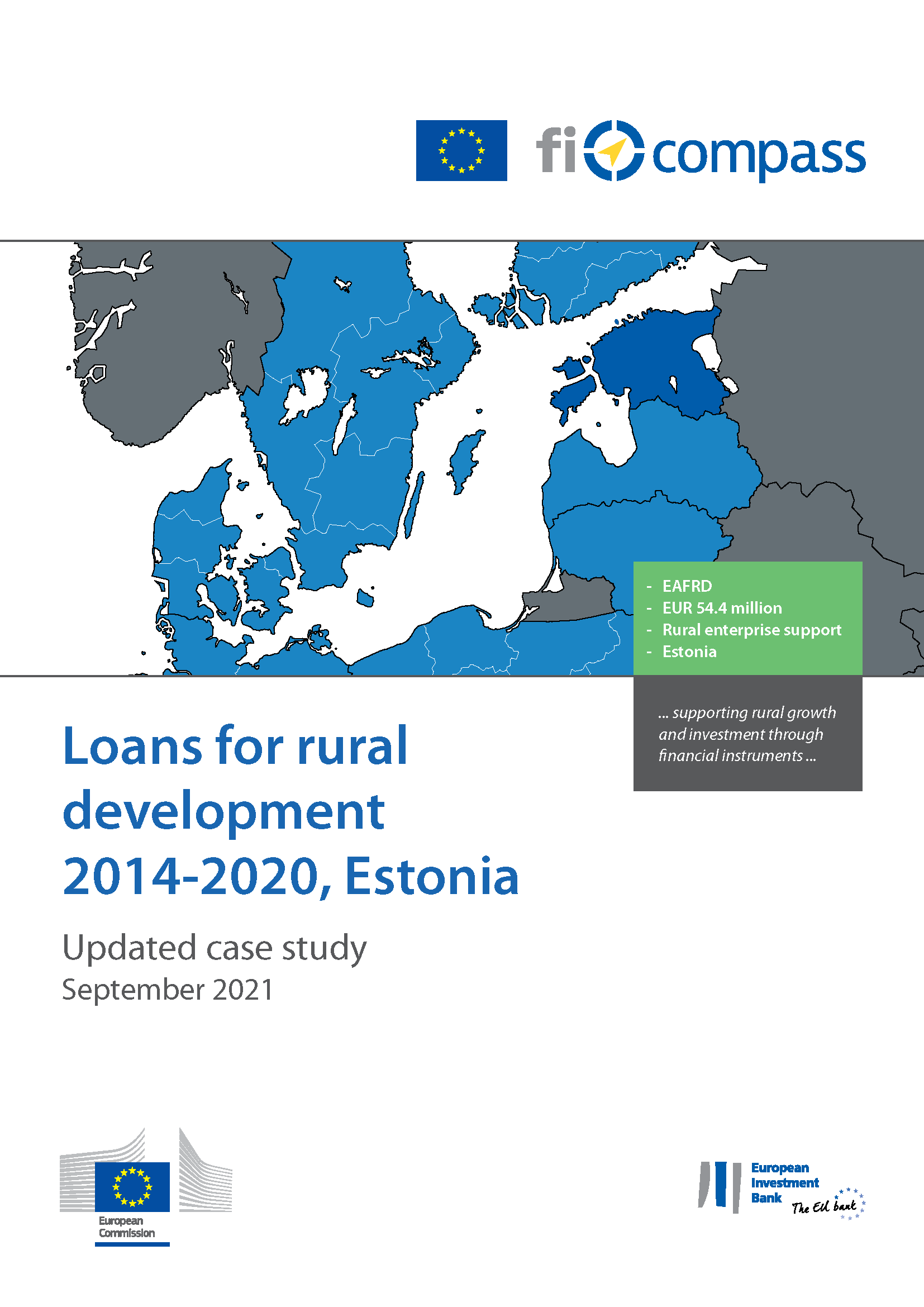The European Commission – Directorate-General for Agriculture and Rural Development (DG AGRI) in partnership with the European Investment Bank (EIB) organised the webinar on ‘Programming financial instruments in the new CAP Strategic Plans’ on 14 September 2021.
Moderated by Bruno Robino, Head of fi-compass at the EIB, the key objective of the webinar was to raise awareness and support practitioners working on the preparation of their Common Agricultural Policy (CAP) Strategic Plans and considering the use of financial instruments under the European Agricultural Fund for Rural Development (EAFRD).
In her opening statement, Silvia Michelini, Director, DG AGRI, European Commission, shed light on the tools that the new CAP offers to support farmers in the digital and green transition, to make farming more competitive and sustainable. She put emphasis on the simplifications introduced by the new CAP – especially for the preparatory phase of the financial instruments – as well as on the dialogue, launched last year, between DG AGRI and the Member States, aimed to provide support in the preparation of the CAP Strategic Plans.
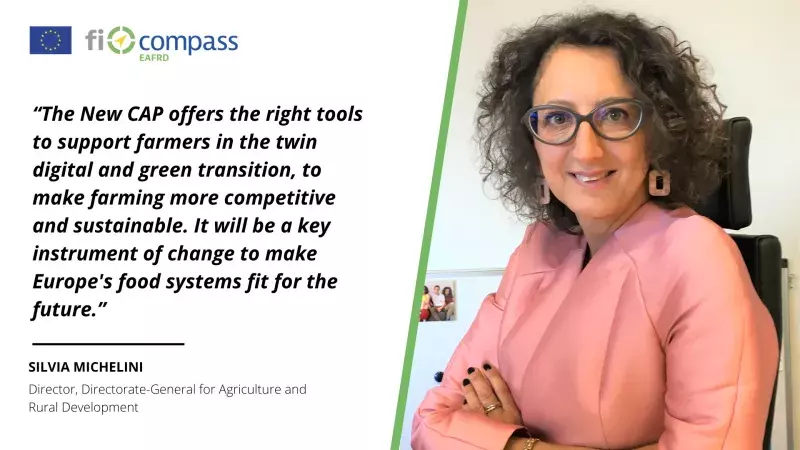
Nivelin Noev, Policy Coordinator, Unit F3, DG AGRI, European Commission, presented the steps that need to be undertaken for the setting-up of EAFRD financial instruments, by highlighting the novelties of the rules stipulated in the Common Provisions Regulation (CPR) and the CAP Regulations. He underlined the differences in the requirements related to ex-ante assessments and stressed on the importance of the technical assistance that the managing authorities can use, including the support offered by fi-compass. He also focused on the possibilities for continuation of the current EAFRD supported financial instruments in the new period and the rules that need to be followed.
Benjamin Fairbrother, Deputy Head of Unit F3, DG AGRI, European Commission, focused on how to programme financial instruments under individual interventions in the CAP Strategic Plans. He underlined that financial instruments can serve as policy delivery mechanisms as alternative or complimentary to traditional grant based support, for all the new CAP specific objectives having economic, environmental, socio-economic or crosscutting orientation. When preparing their CAP Strategic Plans Members States will need to programme financial instruments under the rural development type of interventions, such as investments (including for irrigation), installation of young farmers, risk management, cooperation and knowledge exchange and sharing.
Szilvia Bencze, Policy Officer, Unit F3, DG AGRI, European Commission, focused on the new possibilities for combining financial instruments with grants and explained how standalone working capital could be financed under the new rules. One of the important novelties relates to the combination of grants and financial instrument in one single operation. Working capital finance will be available as standalone or can be complementary to other types of support under the CAP Strategic Plan interventions, such as investments, risk management, cooperation and knowledge exchange.
Gaelle Marion, Head of Unit F1 at DG AGRI, European Commission, presented the general principles of performance clearance and performance review applicable to all forms of support provided under the CAP Strategic Plans. She also highlighted the potential consequences of the performance review in case there is an unjustified deviation of the Member States on one of the result indicators. Szilvia Bencze further explained how will be done the financial planning, monitoring, reporting and performance clearance of financial instruments under the new CAP delivery mechanism.
Peter Strohmeier, Policy Officer, Unit F3, DG AGRI, European Commission, provided a general overview of InvestEU by focusing on the CAP Strategic Plans’ contributions to the InvestEU MS compartment, and explaining the implementation process and the timeline. Michael Pielke, Head of Unit F3, DG AGRI, European Commission, closed the webinar by underlining that financial instruments set up under the 2014-2020 Rural Development Programmes have proven to be an effective tool in supporting agriculture and rural development across many EU Member States. He expressed his confidence to see more financial instruments in the new CAP Strategic Plans, as farmers’ financial needs are permanently growing.
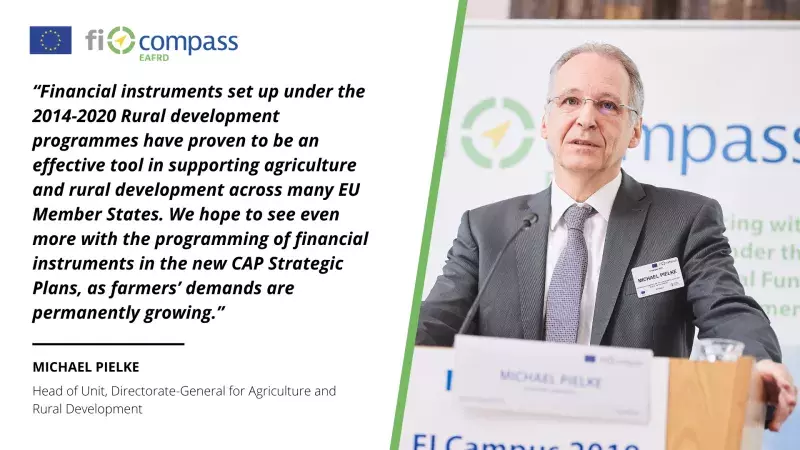
![]() presentation
presentation
![]() audio
audio
![]() video
video
![]() case study
case study
The audio in the video files is in original language of the speakers. The English interpretation is available as audio files.
